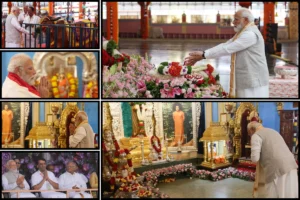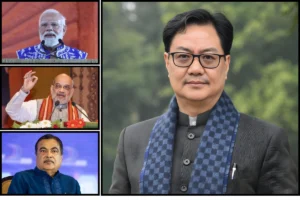
Bangladesh’s Supreme Court recently modified a quota system for civil service jobs following extensive student protests, but stopped short of abolishing it entirely. Attorney General AM Amin Uddin reported that the Supreme Court deemed the High Court’s order to reinstate quotas illegal. The top court ruled that 93% of government jobs should be awarded based on merit, reserving 7% for children of veterans from Bangladesh’s 1971 independence war and other specified categories.
In response to violent clashes resulting in at least 133 deaths, authorities extended a nationwide curfew and authorized police with “shoot-on-sight” orders to restore order. The protests initially erupted over the High Court’s reinstatement of a 30% quota for 1971 Liberation War veterans’ relatives.
Also read: Bangladesh Order ‘Shoot-On-Sight’ Amid High Death Toll Following Violent Protest
Prime Minister Sheikh Hasina’s government also faced criticism for comparing protesters to collaborators with Pakistan during the 1971 war and imposing a communications blackout, including blocking internet and social media access since Thursday. The unrest, which started on university campuses, has spread countrywide and prompted the closure of all educational institutions indefinitely.
The demonstrations, evolving from job quota grievances to broader anti-government sentiments, mark some of Bangladesh’s worst violence in over a decade. Despite the modifications, Prime Minister Hasina defended the quota system, emphasizing respect for veterans regardless of political affiliations.
To read more such news, download Bharat Express news apps






















